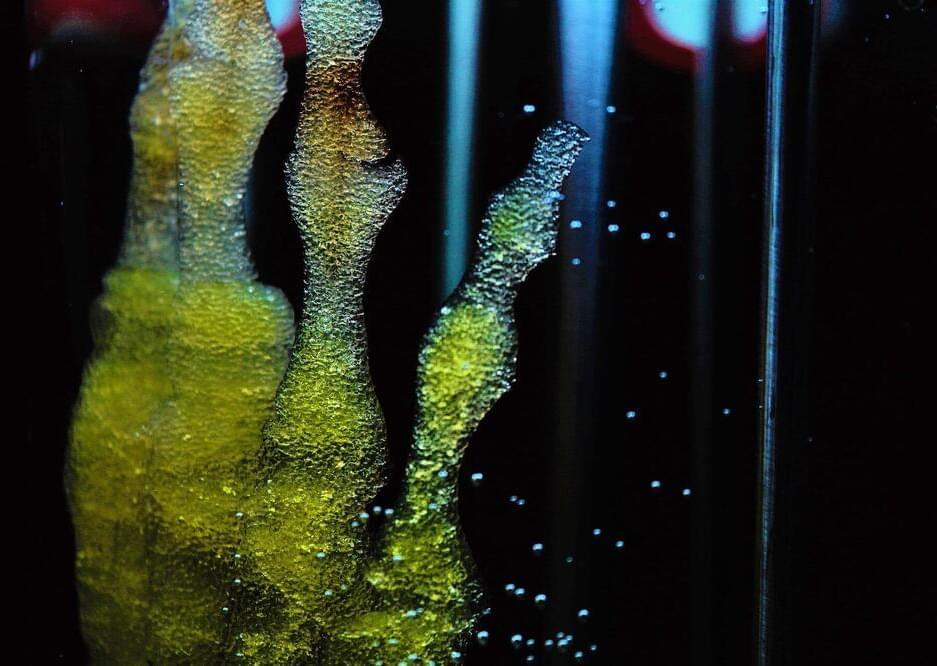Imagine if you could repair damaged tissue in your organs. That is what stem cell research is working towards, because stem cells have tremendous potential to produce the cells of organs such as the liver, pancreas and intestine.
For decades, scientists have attempted to mimic the path that stem cells follow in order to form, for example, organs in embryos. However, despite extensive efforts, getting cells to properly develop in the lab has been very difficult. But they may have overlooked an important step and maybe missing another type of stem cells, suggests a new study from the University of Copenhagen.
“Very simply put, a number of recent studies have attempted make a gut from stem cells in a dish. We have found a new way to do this, a way which follows different aspects of what happens in the embryo. Here, we found a new route that the embryo uses, and we describe the intermediate stage that different types of stem cells could use to make the gut and other organs,” says Ph.D. student at Martin Proks, one of the primary authors of the study from Novo Nordisk Foundation Center for Stem Cell Medicine at the University of Copenhagen (reNEW).










Comments are closed.